Originally published on Roads & Kingdoms on September 5, 2016.
In 2015 Ben Rhodes, the Obama administration’s deputy national security advisor for strategic communications visited the small, landlocked nation of Laos. He traveled by boat up the Mekong River, visiting a school before moving on to an unexploded ordnance clearing site. There, he watched teams detonate bombs that had lain dormant for more than 40 years.
“Even though these are small munitions, these are massive explosions,” he says. “It’s not like watching firecrackers go off.” When he later returned to the school, his traveling companions told him that the children didn’t even look up as the bombs exploded nearby, a reminder of how ubiquitous the experience has become. “This is something that a five-year-old kid in Laos has just learned to live with,” Rhodes says.
From 1964 to 1973, the U.S. waged a secret bombing campaign in Laos, running the equivalent of one bombing mission every eight minutes, 24 hours a day, for nine years, according to the NGO Mines Advisory Group. About a third of the more than two million tons of ordnance dropped on the nation never detonated. These unexploded bombs, or UXO, as they are known to the people trying to eradicate them, have plagued the country in the ensuing decades, killing or injuring more than 20,000 people since the end of the war and rendering large swaths of the country’s arable land unusable. As recently as August 20 of 2016, a group of children was badly injured when a cluster bomb they found in a field exploded while they were playing with it.
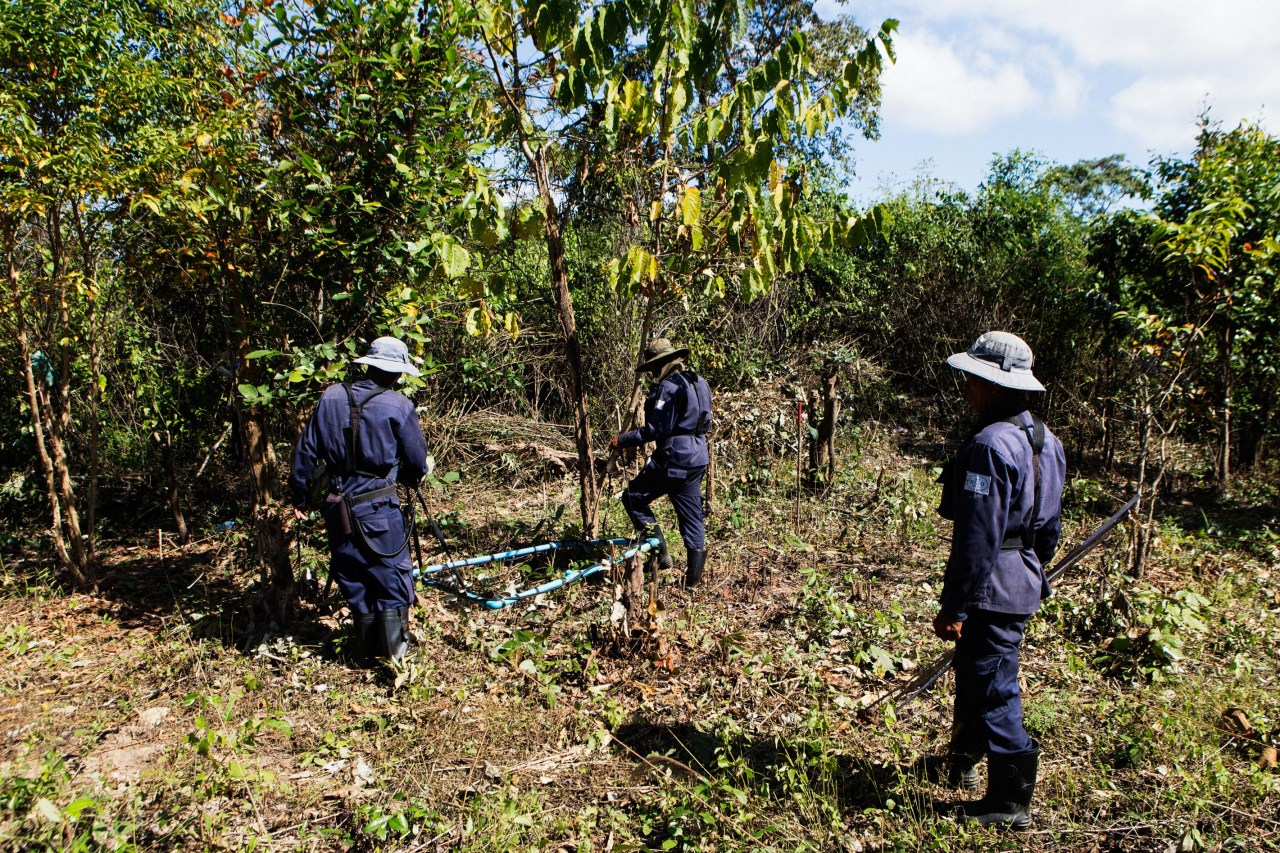
On September 5, 2016, President Obama became the first sitting U.S. president to visit Laos. He announced that the U.S. would provide $90 million over the next three years to support a joint project with the Lao government to clear unexploded ordnance. “I believe the United States has a moral obligation to help Laos heal,” Obama said.
Channapha Khamvongsa, the founder of the activist group Legacies of War, which works with those affected by UXO, said in an email that while a well-trained staff is already in place, what’s needed now is “a much stronger network of services for victims, especially in rural areas. This includes medical care, prosthetics and orthotics, livelihood training, psycho-social care and physical therapy for all survivors.”
Obama isn’t in Laos simply to right historical wrongs, however, and there are plenty of contemporary conflicts causing controversy on his current trip, which also took him to China and Midway Atoll. One of the cornerstones of Obama’s foreign policy over the last eight years has been the “pivot” or “rebalance” to Asia.
Obama’s landmark visit to Laos was one in a series of visits to nations with which the U.S. has a contentious past. Rhodes, the man the New York Times Magazine called “Obama’s foreign-policy guru,” has been a principal architect of these visits, Laos included. I spoke with Rhodes during his trip through Asia with the president, discussing everything from UXO to what to eat with Beerlao, the local brew.
This interview has been edited and condensed.
Cara Parks: How did the issue of unexploded ordnance in Laos first come to your attention?
Ben Rhodes: When Hillary Clinton traveled to Laos [in 2012] we announced some increased funding for unexploded ordnance, but I had not focused on it particularly. But then I saw the Anthony Bourdain No Reservations [episode] about it and it was quite poignant. These are issues that you read about in policy papers in paragraph four, but you don’t really have the human face on it. When you see people who’ve been affected by it, you start to connect the overwhelming statistics with actual human beings.
Parks: Over the last few years there have been increased U.S. efforts to help with this program. Is the U.S. planning to do more going forward?
Rhodes: We’ve been steadily increasing the funding, and what we want to use the president’s visit to do is to announce a substantial increase—a substantial, multi-year increase—in support for UXO clearance. And what we’re hoping to be able to do is have that funding support nation-wide survey work that is essential to both determining where should be the priorities for clearance, how can we scale up clearance efforts, how can we potentially also get support from international donors, and also support for victims’ assistance and public education so that there’s greater public awareness in some of the more remote communities that don’t necessarily have high information access.
What [the president] will also be doing is bringing much greater awareness of the issue. It’s an issue that I think most Americans just don’t know about. Laos was the forgotten element of the Vietnam War, and it was a secret war at that time. So we’re also hoping that his visit serves to raise the visibility of the challenge because that, in the long run, can also facilitate more private donations and more non-governmental partnerships.
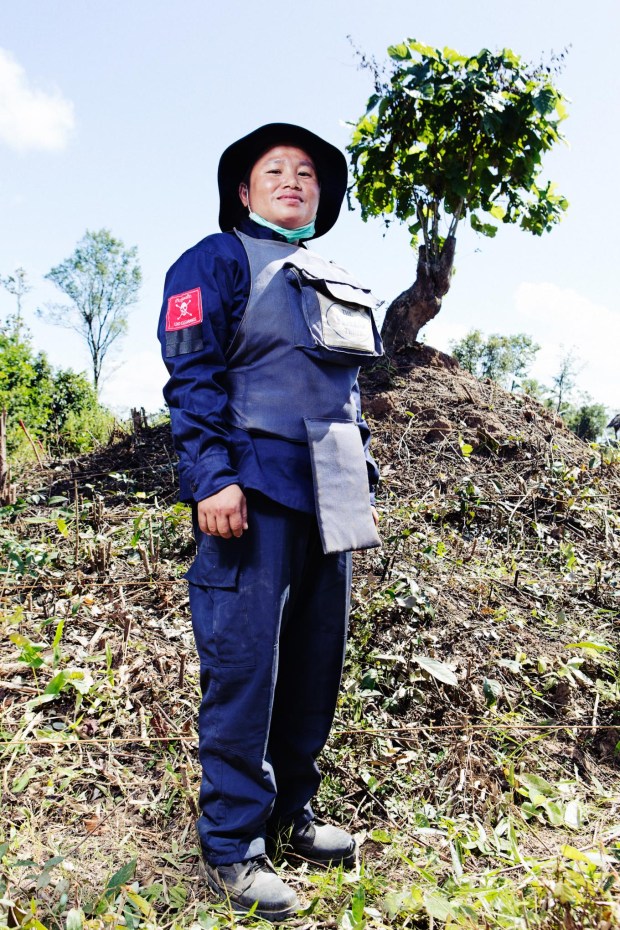
Parks: When you have this level of devastation not only on an individual but also on a national development scale, can a nation ever really make amends for its actions? Can the U.S. ever rebuild trust with Laos?
Rhodes: You make a good point that in addition to the enormous human suffering, it’s a massive development impediment for Laos because you’re talking about a rural agricultural economy and you can’t really develop land that is littered with ordnance. So it’s both a humanitarian and a development issue for the Lao.
There’s no question that we were not doing enough for a whole host of reasons. What I would hope—and I think this is something unique to President Obama—is that part of American leadership in the world includes addressing difficult histories. The work that we’ve done with the Lao on UXO and POW/MIA recovery was the starting point for our relationship. It’s building trust that is also allowing us to do other development assistance. My hope is that in addition to meeting a profound historic responsibility and addressing a difficult part of our history, that this is serving as an entry point into a more multi-faceted relationship with the people of Laos and the government of Laos.
Parks: The U.S. didn’t ban landmines until 2014, and has kept the Korean Demilitarized Zone as an exception to that ban. Do you see the U.S. ever becoming a signatory of the Ottawa Convention?
Rhodes: That’s our ambition and we’ve tried to take steps to move in that direction. The Korean Peninsula’s basically the one place that presents unique challenges given the prevalence of mines in the DMZ.
We’ve also sought to do more to clean up unexploded ordnance and landmines. We announced a partnership with the Nordic countries when they came for a state visit earlier this year, where we’re going to pool funding to meet different mining and unexploded ordnance challenges around the world. And in Colombia, one of our main contributions to the peace deal is going to be a significant amount of funding to clear mines in Colombia, which are also often in difficult, rural areas. So we’re both moving towards Ottawa and trying to galvanize more resources from us and other international donors to clear unexploded ordnance and landmines.
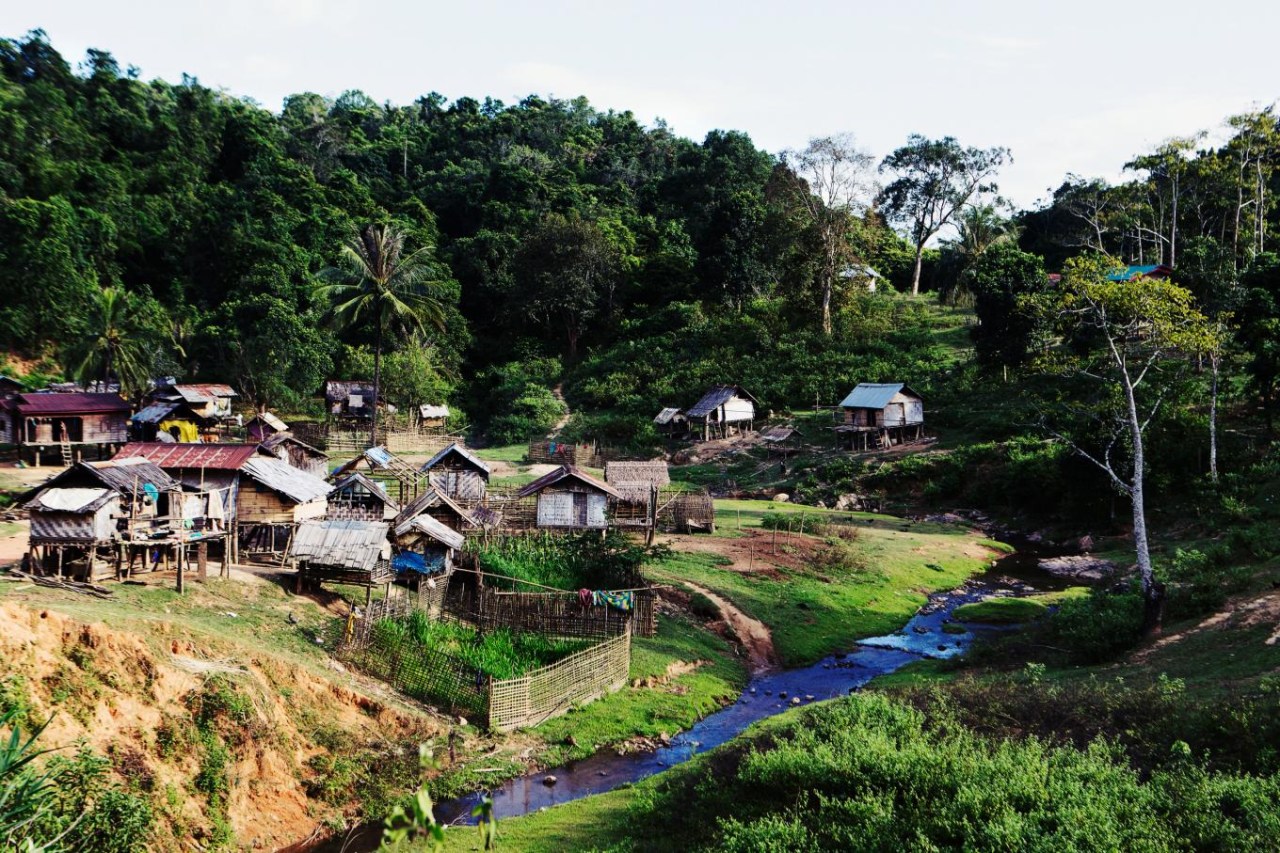
Parks: Going back to your point about President Obama being willing to engage with countries that have had a contentious relationship with the U.S., do you think that it took a president like Obama, who had a much more international background and perspective, to make that style of direct engagement work? And if so, do you think it will, therefore, be simply a part of Obama’s legacy, rather than a fundamental shift in American diplomatic style?
Rhodes: We have seen how dealing with legacy war issues can open the door to new relationships. The same dynamic I was talking about with Laos was advanced in Vietnam, where the dioxin and Agent Orange cleanup built trust and were part of building the type of relationship that we now have. We’re quite close partners on a host of issues.
President Obama, having uniquely lived outside of the United States when he was young and given the nature of his background and family, which has quite an international flavor to it, has a capacity to look at the United States through the eyes of different people around the world. And his political identity at home is very much defined in part by a notion that even where we have a difficult history, part of what makes America unique is our ability to evolve and move in a more inclusive direction.
Similarly, around the world, I think he’s approached these issues and said we don’t need to be defined by ideological fault lines of the past that made Cuba an enemy or that made Laos an enemy or that made Burma a pariah. That we can make a very deliberate effort to say that we’re not going to be bound by history, that we’re going to test what we can accomplish through engagement, that we’re going to reach out not just to governments but to the publics of these countries to indicate to them that we can be trusted as a partner even if we have historical burdens and ongoing differences over political issues. Hopefully, the openings he’s made in those places gather their own momentum and continue after he leaves office.
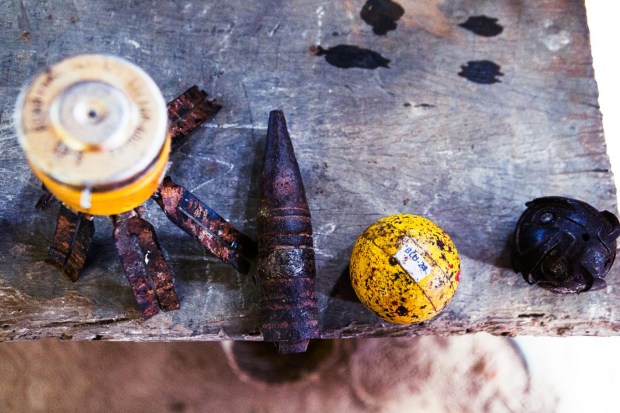
Parks: How does someone who is weighing the pros and cons of what is a trade deal, not a diplomatic alliance, assign weight to that more intangible aspect?
Rhodes: In these countries, if you look at what China’s economic engagement is like, it tends to be an engagement that does not focus on the people. So you have massive infrastructure projects designed to generate energy or national resources, often developed with Chinese labor, so not even employing the people of those countries. That’s not a model that promotes human dignity in the same way that we believe greater connectivity to the U.S. economy and the larger and more advanced economies of East Asia would. It’s a complicated issue, but for all the challenges associated with more liberalized trade regimes, we would argue that if you look at the model of development through greater connectivity versus a more infrastructure-driven, natural resource-driven model, ultimately our model, the model of connectivity, will lead to better livelihoods and more choice for ordinary people in different countries.
Parks: The president told Jeffrey Goldberg that Ukraine would always be vulnerable to Russian domination because, at the end of the day, Ukraine will always be more important to Russia than it is to the U.S. Couldn’t the same argument be made about Southeast Asia vis-à-vis China?
Rhodes: It could, but what we say to these countries is we wouldn’t expect you to choose between us and China. China’s going to be very influential. They’re an enormous country, they’re going to be an enormous market, they’re going to be an enormous source of investment. However, countries, we would argue, benefit from having a diversity of relationships. A case in point is Vietnam or South Korea, both of whom have very large trading relationships with China and the United States. We don’t seek to eradicate Chinese influence; it’s going to be there. But we do think that having a diversity of partners—the U.S., Japan, China, India—is healthier for countries.
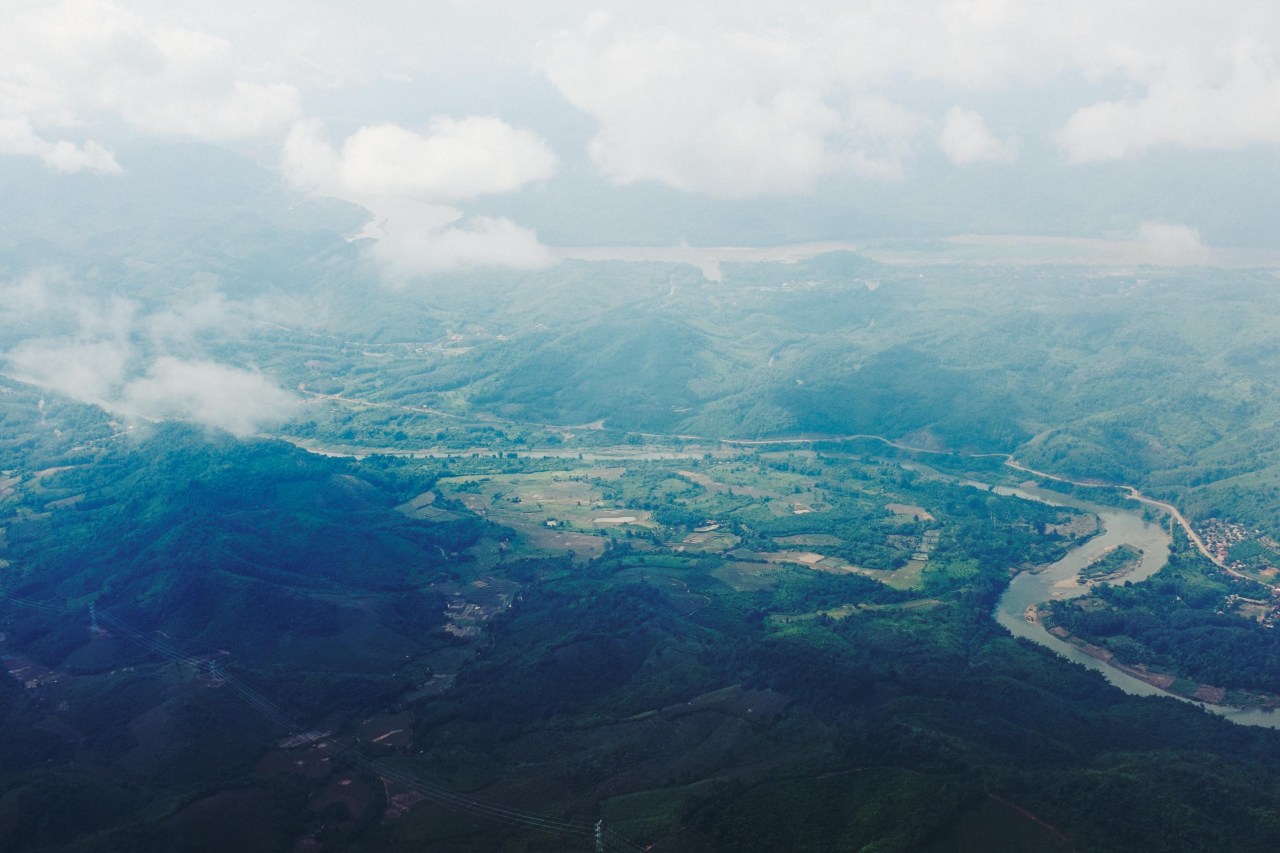
Parks: Do you think that the U.S. will struggle to continue to focus on Asia in the post-Obama era, especially given the many crises that continue to erupt throughout the Middle East? Or do you think the next administration would continue to rebalance toward Asia?
Rhodes: I think the nature of our interests demands increased focus on Asia over time because this is going to be an increasing share of the global economy. The nations here are exerting themselves internationally more and more; the global nature of challenges like climate change can’t be met without Asia. We couldn’t have made a climate change deal with Europe; we needed China and India in the mix. So we just cannot get the things done that we need to get done unless we’re working here. If anything, over time the Middle East will become less central to the global economy as we shift away from a fossil-fuel energy economy. So I think there’s a gravitational pull towards Asia that we’ve tried to get out ahead of that I think will be continued by the next administration.
Parks: Last one: what’s the best thing you’ve eaten in Laos?
Rhodes: They have this fish that they poach in a banana leaf. It’s very simple and you eat it with sticky rice and different spices and oils and accompaniments. I think that and Beerlao would be my favorite Laotian meal.